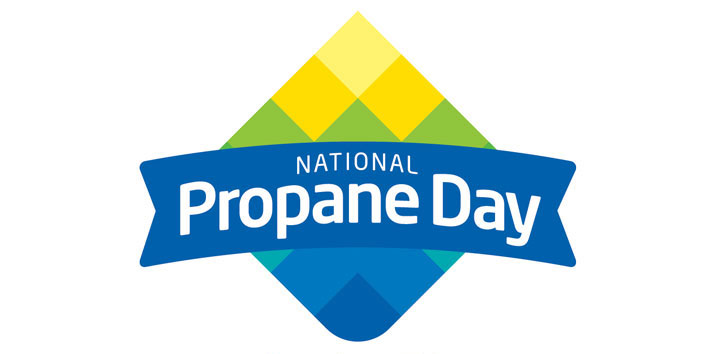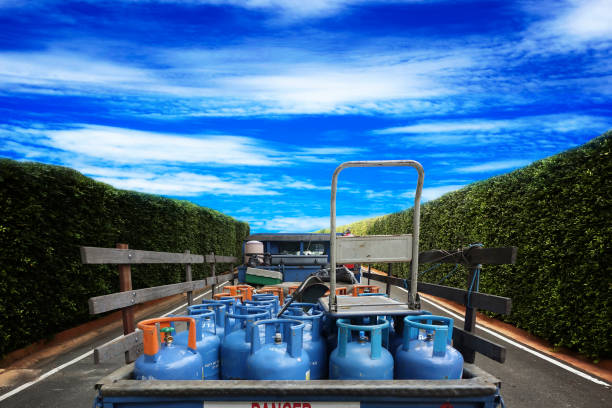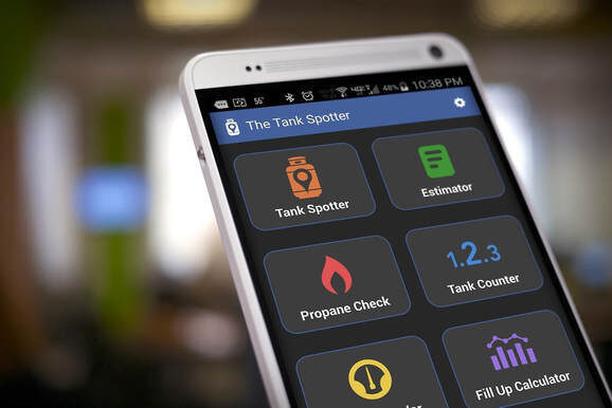Building Powerful Connections in the Propane Industry
In the fast-paced world of the propane industry, forging strong professional connections is essential for success. Whether you’re a seasoned executive or a burgeoning entrepreneur, mastering effective networking techniques can profoundly impact your career trajectory. Drawing insights from diverse experiences and industry stalwarts, here are essential strategies to consider: Authentic Engagement Before delving into business… Continue reading Building Powerful Connections in the Propane Industry








